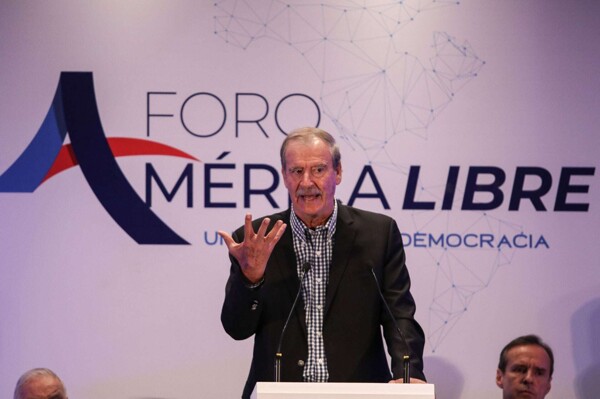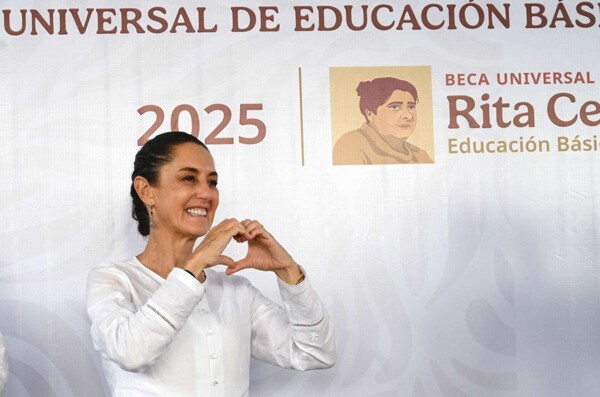During the 156th session of the Executive Council of the World Health Organization (WHO), held from February 3 to 11 in Geneva, a crucial resolution proposal for the protection of breastfeeding and child health worldwide was approved. The Undersecretariat for Prevention and Health Promotion, along with several Mexican institutions, has worked for a year with their Brazilian counterparts and the International Network for Action on Infant Feeding to achieve this consensus.
"To combat malnutrition, it is not enough to inform the population. Among the recommended measures is the creation of national regulations to restrict digital advertising and the strengthening of governmental agencies responsible for its regulation," expressed Ambassador Fernando Espinosa, Alternate Permanent Representative of Mexico to the United Nations Agencies in Geneva.
From the Secretariat of Health, it was announced that in 2024, the obligation of the State to generate public policies to implement the International Code of Marketing of Breast Milk Substitutes was elevated to the rank of law, within the framework of the recent Law on Adequate and Sustainable Nutrition. Marketing strategies have evolved, and it is essential that regulations adapt to protect child health.
This measure, drafted by Mexico and Brazil, focuses on regulating digital marketing of breast milk substitutes. According to data from the latest National Health and Nutrition Survey (ENSANUT 2021-2023), only 34% of infants under six months in Mexico are exclusively breastfed, a figure alarmingly below the 70% target set in the global nutrition goal for 2030.
A group of 21 countries, including Armenia, Bangladesh, Chile, Colombia, and Spain, presented the resolution, which will be adopted at the next World Health Assembly in May. The prevalence of exclusive breastfeeding in children under six months is 34.2% in Mexico, and it is observed to be lower among women with lower parity and paid employment.
The approved document highlights concern over digital advertising techniques that affect the choices of mothers and caregivers. "We need government measures with a human rights approach that guarantee healthy food environments," affirmed Dr. Ruy López Ridaura, General Director of Health Promotion.














